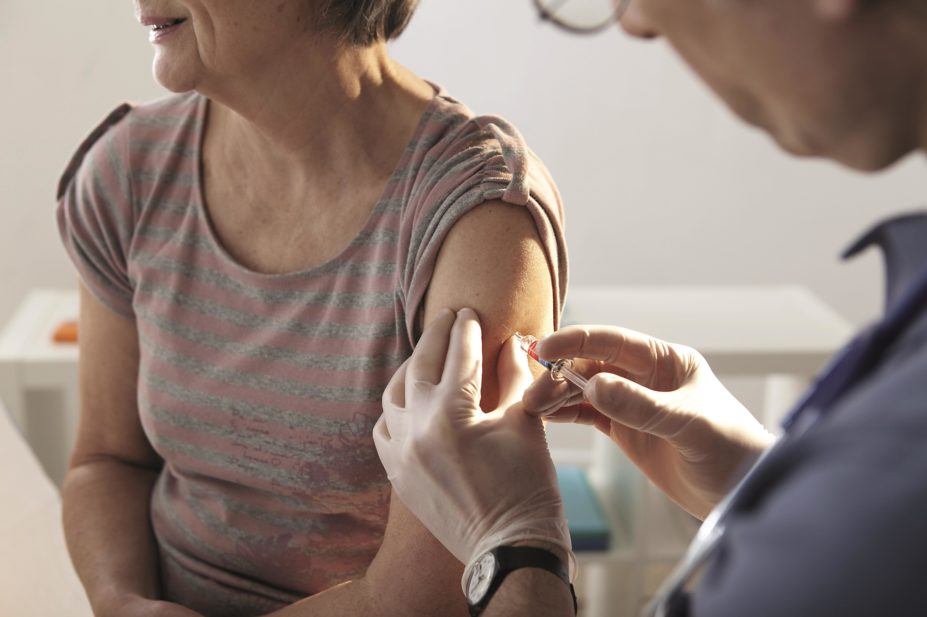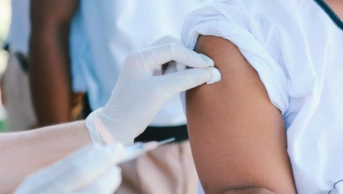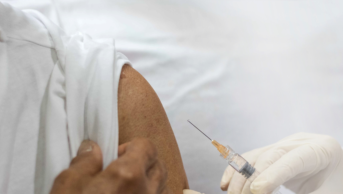
Shutterstock.com
A new cell-based seasonal influenza vaccine has been issued marketing approval by the European Commission and will be available for the 2019/2020 flu season.
Flucelvax® Tetra (Seqirus) is the first cell-based quadrivalent influenza vaccine (QIVc) to be made available in Europe and is licensed for use in individuals aged nine years and older.
To date, there have been no randomised controlled trials comparing the efficacy of QIVc and standard egg-based quadrivalent vaccines (QIVe), but in an analysis of more than 1.3 million medical records presented at the Canadian Immunisation Conference in December 2018, Seqirus highlighted that QIVc was more than 36% more effective than QIVe in preventing influenza-like illness in people aged four years and older during the 2017/2018 influenza season in the United States.
“This real-world study, along with other emerging evidence, indicates that cell-based influenza vaccines may result in better influenza-related outcomes compared to standard egg-based vaccine options in some seasons — particularly those seasons characterised by egg-adapted changes,” said Russell Basser, senior vice president of research and development at Seqirus.
“We are greatly encouraged by the data and look forward to working with academic partners to generate additional data in future seasons.”
In the UK, the potential advantages of QIVc, which is cultured in mammalian cells rather than eggs, have already been recognised in guidance issued by the Joint Committee on Vaccination and Immunisation (JCVI) for the 2019/2020 influenza season. JCVI advised that QIVc would be suitable for use in people aged 65 years and older, as well for use in at-risk groups aged under 65 years.
“We are pleased to be bringing Flucelvax Tetra to the UK next season and have sufficient capacity at our cell-based manufacturing facility in the US to also ensure supply in September 2019, regardless of demand,” said Sharon McHale, head of corporate affairs at Seqirus.
“The JCVI has recommended it as one of the vaccine options for adults [aged] over 18 years in at risk groups and we expect the NHS to issue guidance on its reimbursement very soon.”


